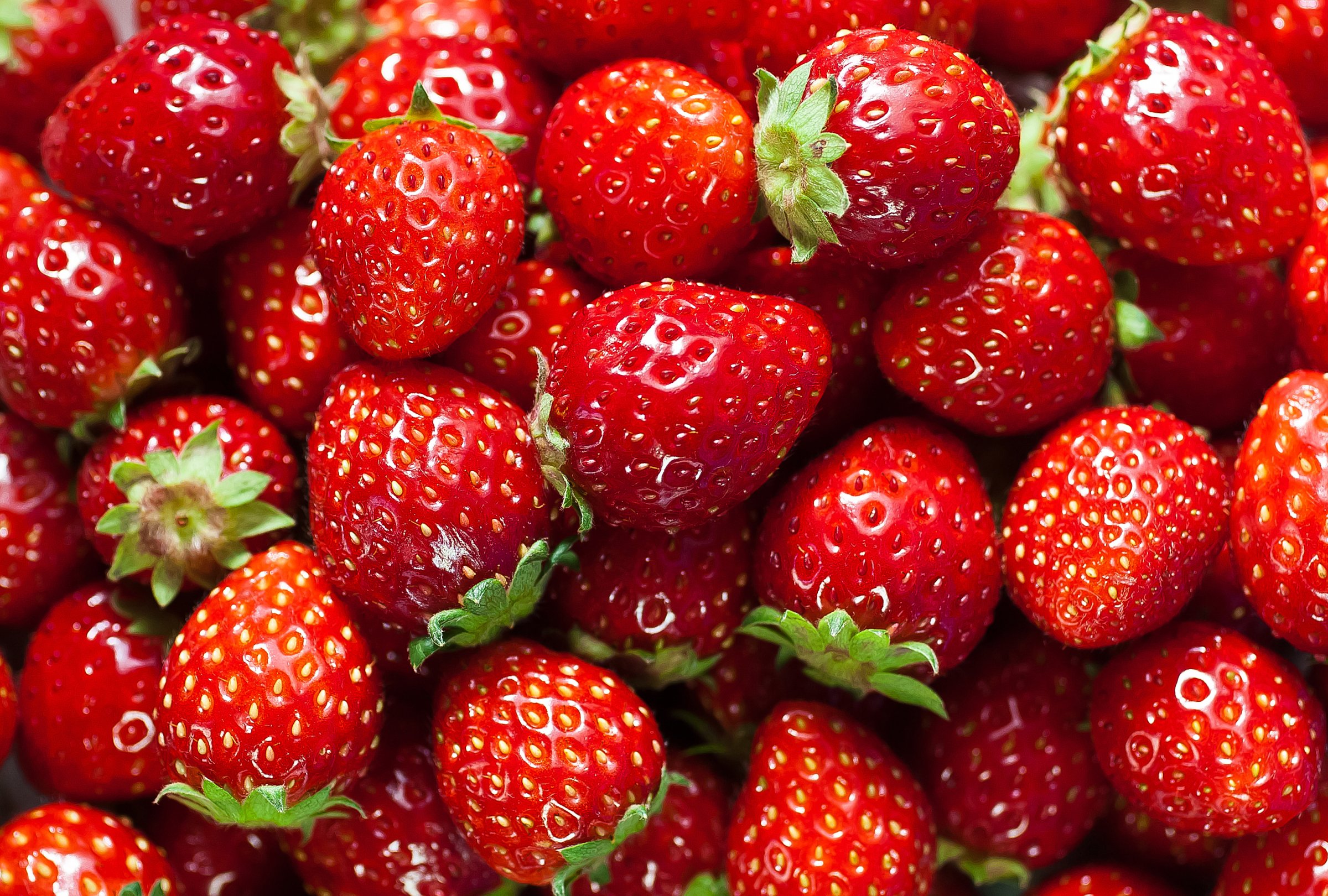
In the latest report about pesticide residues, the Environmental Working Group says that 70% of conventionally grown fruits and vegetables contain up to 230 different pesticides or their breakdown products.
The analysis, based on produce samples tested by the U.S. Department of Agriculture, found that strawberries and spinach contained the highest amounts of pesticide residues. One sample of strawberries, for example, tested positive for 20 different pesticides, and spinach contained nearly twice the pesticide residue by weight than any other fruit or vegetable.
The two types of produce topped the EWG ranking of the 12 fruits and vegetables with the highest concentrations of pesticides—the so-called “Dirty Dozen.” After strawberries and spinach come nectarines, apples, grapes, peaches, cherries, pears, tomatoes, celery, potatoes and sweet bell peppers. More than 98% of peaches, cherries and apples contained at least one pesticide.
This year’s list nearly mirrors the one from last year, suggesting that little has changed in how these crops are grown. (The analysis applied only to produce that wasn’t grown organically.)
How dangerous is the exposure to the chemicals? Since federal laws in 1996 mandated that the Environmental Protection Agency (EPA) study and regulate pesticide use for its potential to harm human health, many toxic chemicals have been removed from crop growing. But studies continue to find potential effects of exposure to the pesticides still in use. A recent study, for instance, indicated a possible link between exposure to pesticides in produce and lower fertility.
More studies are needed to solidify the relationship between current pesticide exposures from produce and long-term health effects. In the meantime, researchers say that organic produce generally contains fewer pesticide residues, and people concerned about their exposure can also focus on fruits and vegetables that tend to contain fewer pesticides. Here is the EWG’s list of the fruits and vegetables lowest in pesticide residue—the so-called Clean 15:
Avocados
Sweet corn
Pineapples
Cabbage
Onions
Frozen sweet peas
Papayas
Asparagus
Mangoes
Eggplants
Honeydews
Kiwis
Cantaloupes
Cauliflower
Broccoli
More Must-Reads from TIME
- Cybersecurity Experts Are Sounding the Alarm on DOGE
- Meet the 2025 Women of the Year
- The Harsh Truth About Disability Inclusion
- Why Do More Young Adults Have Cancer?
- Colman Domingo Leads With Radical Love
- How to Get Better at Doing Things Alone
- Michelle Zauner Stares Down the Darkness
Contact us at letters@time.com